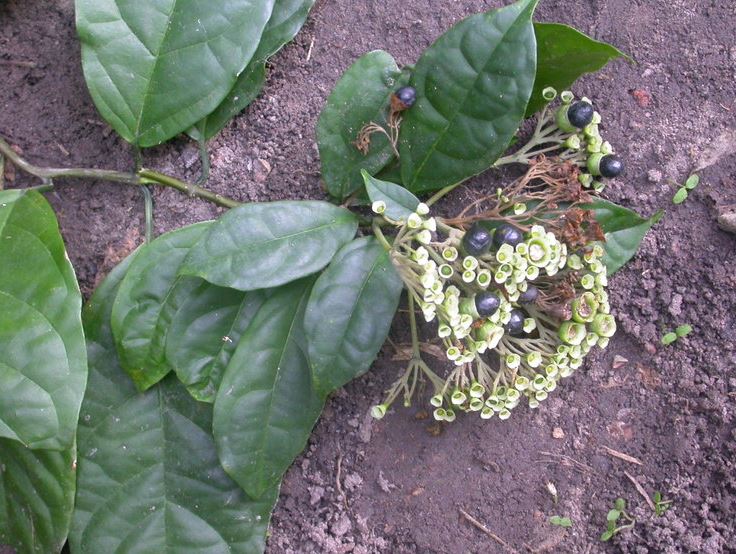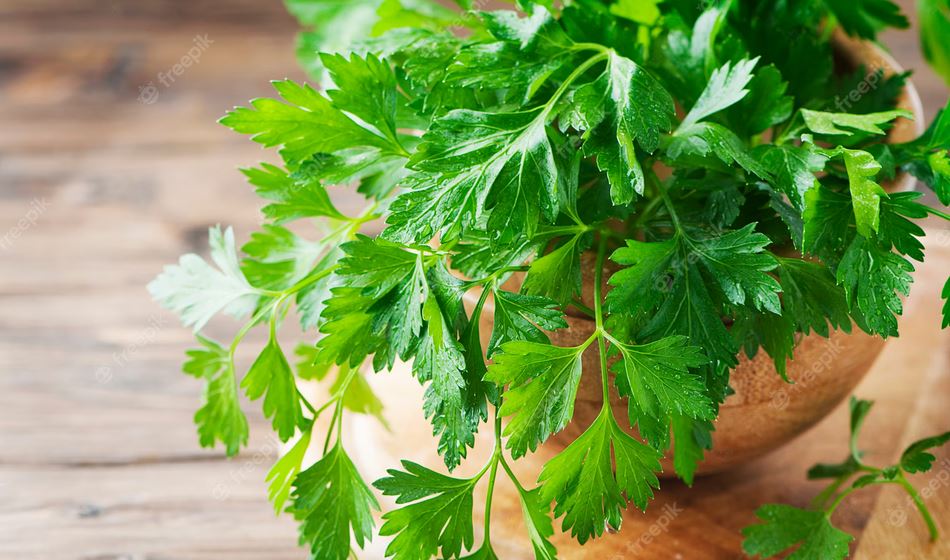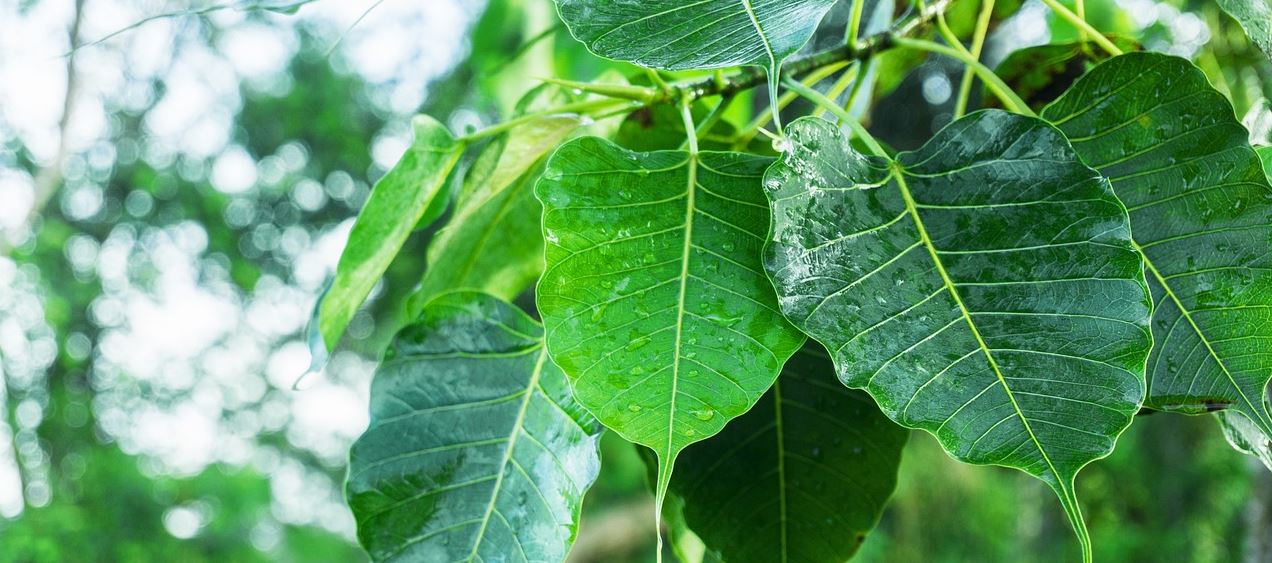Health Benefits of Marugbo Leaf (Clerodendrum volubile)

Clerodendrum volubile, also known as Marugbo leaves, is a climbing shrub commonly found in the southern region of Nigeria. We know Marugbo leaves by various names such as Eweta, Obenetete, and Belentientien across different tribes in Nigeria.
The leaves of this plant are of great value for their medicinal properties, and you can include them in various traditional recipes like Banga soup, pepper soup, Ukodo, Marugbo soup, and black soups.
15 Health Benefits of Marugbo Leaf (Clerodendrum volubile)
This article will explore the 15 health benefits of Marugbo leaf (Clerodendrum volubile) and understand its significance in traditional medicine and modern scientific research.
1. Nutritional Benefits
Marugbo leaves are rich in essential nutrients such as carbohydrates, proteins and minerals like calcium, phosphorus, and magnesium. They also contain essential amino acids in appreciable quantities.
The consumption of Marugbo leaves can help address nutrient and protein malnutrition, especially among economically less-privileged sections of the population.
2. Antioxidant Properties
The leaves of Clerodendrum volubile are high in flavonoids and micronutrients, which are responsible for their antioxidant activity. The significance of antioxidants lies in their ability to minimize damage within the body, thus preventing illnesses. Studies have shown that Marugbo leaves can act as primary or secondary antioxidants, providing health-promoting benefits.
3. Anti-diabetic Effects
Research has demonstrated the potential of Marugbo leaves in managing and treating type 2 diabetes. The methanolic extract of these leaves has shown therapeutic effects on glucose homeostasis, serum insulin levels, and hepatic biomarkers. The extract's dichloromethane (DCM) fraction is the most potent, with isolated flavones attributed to its anti-diabetic potential.
3.1 Antihypertensive Potential
The DCM fraction of Marugbo leaves has antihypertensive potential, which means it is a promising medication for individuals with high blood pressure. DCM comes from the leaves of the plant Marugbo, which grows primarily in Nigeria, South Africa, and Tanzania.
4. Cancer Prevention
Studies indicate that Marugbo leaves can impede or halt the development of certain types of breast cancer. This finding highlights the potential of Clerodendrum volubile as a natural cancer-fighting agent.
5. Cognitive Function Improvement
Marugbo leaves possess the potential to improve memory and cognitive function. Their phenolic extracts inhibit cholinergic and monoaminergic enzymes, which are relevant to the management of neurodegenerative diseases like Alzheimer's and Parkinson's disease.
6. Anti-inflammatory Properties
Marugbo leaves exhibit significant anti-inflammatory activity, as demonstrated in various studies. The leaf methanol extract, petroleum ether, and ethyl acetate fractions have shown comparable effects to the reference drug Diclofenac sodium, a well-known anti-inflammatory medication.
7. Treatment of Rheumatic Diseases
In traditional medicine, Marugbo leaves are remedies for treating various rheumatic diseases such as arthritis, gout, and edema. Their anti-inflammatory properties help alleviate pain and inflammation associated with these conditions.
8. Hepatoprotective Effects
The antioxidant properties of Marugbo leaves offer hepatoprotective benefits, helping to protect the liver from damage caused by oxidative stress. Studies indicate that the extraction derived from leaves promotes healthy liver function and safeguards it from drug-related harm.
9. Renal Protection
Research has demonstrated the ameliorative effects of Marugbo leaves on drug-induced nephrotoxicity. The methanolic extract of the leaves can restore antioxidant status, attenuate oxidative stress, improve kidney function markers, and protect renal tissues against the toxic side effects of chemotherapeutic drugs like doxorubicin.
10. Treatment of Hypertension and Diabetes
Marugbo leaves are traditional remedies for hypertension and diabetes, and modern research has confirmed their potential to address these health issues. The leaves contain various phytochemicals, such as alkaloids, flavonoids, saponins, anthraquinones, and cardiac glycosides, contributing to their antihypertensive and anti-diabetic properties.
11. Sedative and Anti-abortifacient Properties
In folklore medicine, Marugbo leaves are a sedative and anti-abortifacient, calming and preventing miscarriages during pregnancy.
12. Treatment of Hyperlipidemia
Hyperlipidemia is a condition with excessive fat in the blood, which you can treat traditionally using Marugbo leaves. The leaves help regulate lipid levels and prevent the development of cardiovascular diseases.
13. Digestive System Cleansing
Marugbo leaves are a crucial ingredient in the traditional Gbanunu soup, which people believe has a cleansing effect on the digestive system. They prepare the soup for women who have recently given birth, as it helps cleanse the bowel and promote overall digestive health.
14. Pain Relief
Marugbo leaves are vital in traditional African medicine for treating painful and inflammatory conditions. Their analgesic and anti-inflammatory properties make them a natural alternative for pain management.
15. Potential Treatment for Neurodegenerative Diseases
Ongoing research explores the potential of Marugbo leaves in managing neurodegenerative diseases such as Alzheimer's and Parkinson's. Their neuroprotective properties and the inhibition of cholinergic and monoaminergic enzymes suggest a promising future for their application in treating these conditions.
In conclusion, the Marugbo leaf (Clerodendrum volubile) is a powerhouse of medicinal properties, offering numerous health benefits supported by traditional knowledge and scientific research.
Incorporating this versatile vegetable into your diet can help promote overall health and well-being while protecting against various diseases. So, consider adding Marugbo leaves to your shopping list and experience their remarkable benefits firsthand.




